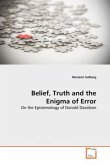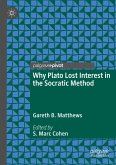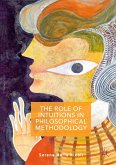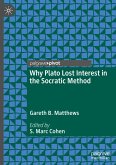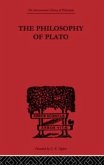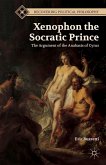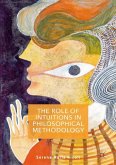After reading Plato s 'Apology', most of us feel an
admiration for the special wisdom that makes Socrates the wisest of men : the knowledge of what he does
and does not know. How puzzling it is, then, when we
turn to the 'Charmides' and find Socrates himself
refuting the very possibility and utility of such a
wisdom! This book surveys how scholars have struggled
to make sense of such apparent inconsistencies in
Plato, and then presents recent trends in Platonic
scholarship towards a new way of reading the
dialogues, called the double dialogue or maieutic
method. By closely examining the second half of the
'Charmides', the book demonstrates how Plato uses the
enigma of Socratic wisdom to challenge his readers to
engage actively in their own self-examination in
respect of what self-knowledge is. Philosophy for
Plato is seen to be something one does, not something
one merely receives, and the 'Charmides' is restored
to its rightful place among Plato s other
epistemological dialogues. This book will help
readers wishing to ascertain how best to approach the
study of Plato s dialogues and scholars who
themselves wrestle with the problem of
inconsistencies in Plato.
admiration for the special wisdom that makes Socrates the wisest of men : the knowledge of what he does
and does not know. How puzzling it is, then, when we
turn to the 'Charmides' and find Socrates himself
refuting the very possibility and utility of such a
wisdom! This book surveys how scholars have struggled
to make sense of such apparent inconsistencies in
Plato, and then presents recent trends in Platonic
scholarship towards a new way of reading the
dialogues, called the double dialogue or maieutic
method. By closely examining the second half of the
'Charmides', the book demonstrates how Plato uses the
enigma of Socratic wisdom to challenge his readers to
engage actively in their own self-examination in
respect of what self-knowledge is. Philosophy for
Plato is seen to be something one does, not something
one merely receives, and the 'Charmides' is restored
to its rightful place among Plato s other
epistemological dialogues. This book will help
readers wishing to ascertain how best to approach the
study of Plato s dialogues and scholars who
themselves wrestle with the problem of
inconsistencies in Plato.


